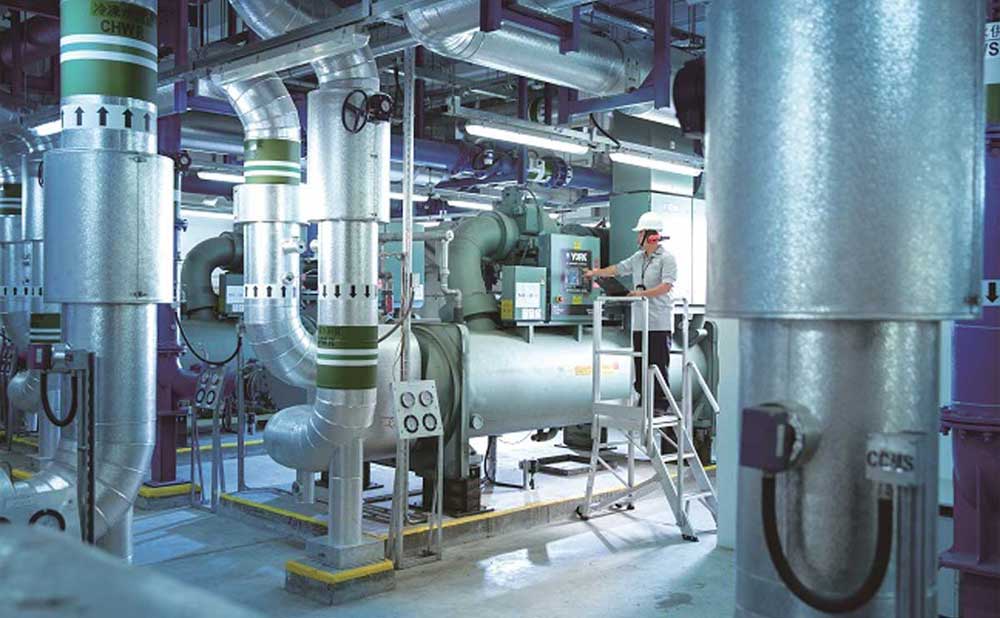1. Energy Efficiency
Reduced Energy Consumption: Modern HVAC systems are designed to optimize energy use, which can significantly lower operational costs. By utilizing energy-efficient equipment and smart controls, manufacturers can minimize waste and lower their carbon footprint.
Smart Thermostats and Controls: Advanced HVAC systems can include smart thermostats that adjust temperature settings based on occupancy and external conditions, further enhancing energy efficiency.
2. Improved Indoor Air Quality (IAQ)
Effective Ventilation: Proper ventilation systems help remove pollutants, dust, and harmful gases from the manufacturing environment, promoting better air quality for employees and equipment.
Filtration Systems: High-quality air filters can capture airborne contaminants, reducing the risk of respiratory issues and improving overall health and productivity among workers.
3. Temperature Regulation
Comfortable Working Conditions: Maintaining a consistent and comfortable temperature is essential for employee productivity and morale. Effective HVAC solutions can adjust temperatures based on specific zones within the facility, ensuring optimal working conditions throughout the year.
Humidity Control: Controlling humidity levels is vital in preventing mold growth and preserving the quality of products, particularly in industries such as food processing and pharmaceuticals.
4. Sustainable Design and Materials
Use of Sustainable Materials: Integrating sustainable materials in HVAC systems can contribute to overall sustainability goals. For example, using recyclable ductwork and eco-friendly refrigerants can further reduce environmental impact.
Renewable Energy Integration: Many HVAC solutions can be paired with renewable energy sources like solar panels, allowing manufacturing units to utilize clean energy and reduce reliance on fossil fuels.
5. Waste Reduction
Minimized Heat Loss: Properly designed HVAC systems can reduce heat loss through effective insulation and sealing, thereby decreasing the overall energy needed for heating and cooling.
Water Conservation: Efficient HVAC systems can include water-saving technologies, such as condensate recovery systems that capture and reuse water, reducing overall water waste.
6. Regulatory Compliance
Adhering to Sustainability Standards: Effective HVAC solutions can help manufacturing units comply with local and international regulations concerning environmental sustainability and energy efficiency, such as LEED (Leadership in Energy and Environmental Design) certifications.
7. Long-Term Cost Savings
Reduced Operational Costs: By lowering energy consumption and maintenance needs, effective HVAC solutions can result in significant long-term savings, allowing for reinvestment into other sustainable initiatives.
Increased Equipment Lifespan: A well-maintained HVAC system can extend the life of manufacturing equipment by maintaining optimal operating conditions, reducing the risk of overheating or malfunction.

